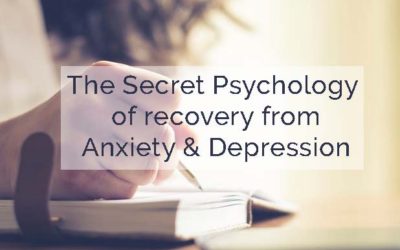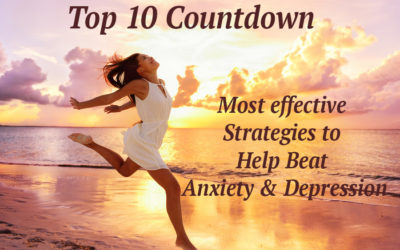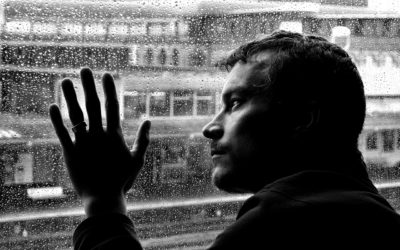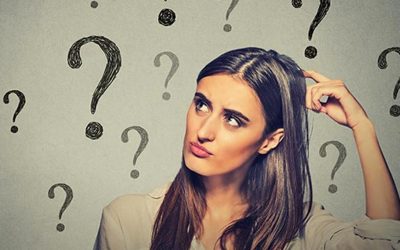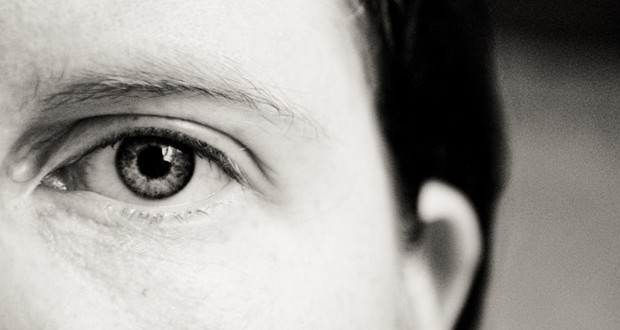
What the way you view other people reveals about you
Author – Emma Triplett
Are you someone who assumes people can’t be trusted until they prove otherwise or do you assume the opposite and just expect everyone to be genuine and trustworthy?
Actually how you view other people says a lot about your own state of mind.
It’s interesting to observe that when we are in a good place emotionally – happy calm and relaxed, generally we enjoy spending time with other people and even seek out their company, but when we’re feeling down, stressed or worried about things, then we tend to withdraw, we don’t want to go out, sometimes to the extent of avoiding others or pushing them away.
To understand why this happens and reveal what it says about you, we can look at how our primitive ancestors viewed the world and other people in it, because although we have evolved as a species beyond recognition in the last ten thousand years or so, our blueprint, the way we are programmed to operate half a million years ago has not been upgraded and still influences the way we behave today.
In primitive times there was danger all around, just venturing outside the cave exposed people to life threatening dangers. Humans were vulnerable creatures, they had no natural defences, they didn’t taste nasty, they weren’t poisonous, they didn’t have spikey armour all over their body and they couldn’t even run very fast. What’s more they had no personal weaponry, no sharp teeth or claws and they weren’t very strong in the greater scheme of things, but what we did have was our tribe.
What we do have is our communication skills which share with much of the animal kingdom, in particular with other sociable species. One of the reasons we not only survived but thrived despite our weaknesses and vulnerabilities was our ability to cooperate and collaborate.
The part of the brain humans have uniquely evolved is a vast intellectual resource and the parts we use for complex reasoning. When we work from these parts of our brain (the intellectual mind) we usually come up with answers based on a proper assessment of the situation and it’s usually positive. When we’re operating from our intellectual mind, we are happy and calm, our body language is one of openness and relaxation. We are in the moment and able to evaluate the world around us in a rational way. To others we appear friendly and non threatening.
However, we still have that original primitive part and when our anxiety or stress levels rise, we start to lose intellectual control and, to a greater or lesser extent, the primitive mind steps in and take control. The central and influential part of the primitive mind is the amygdala, the part we refer to as the flight, fight depression part of the brain – we have devolved into our primitive ancestors viewing the world around us as crisis, emergency or danger.
In this state everything becomes negative, we always look at the worst possible scenario, we obsess about things and this primitive brain hijacks our imagination and we think we can read everyone else’s mind and – surprise surprise, their intentions towards us are negative or threatening. People around us have become other wild tribesmen, dangerous and potentially life threatening. This was a time of all or nothing, kill or be killed.
What’s more our own body language changes, we become tense all over, our faces show that tension, we’re closed and uninviting, we don’t make eye contact with people, in effect our body language is saying, ‘go away and leave me alone’.
So, when we are stressed, in a bad place, anxious or depressed or just generally struggling with life, we view other people in a negative way, our imagination take over and their intentions are threatening, we make everything about us, it’s the worst possible scenario and we obsess about it.
On the flip side when we are in a good place, happy, relaxed and enjoying life we view other people in a positive way, our imagination doesn’t run wild, we’re in the moment taking people as they are and because our body language is relaxed, open, inviting and trustworthy other people are friendlier towards us. Those tribal instincts compel us to connect with other people, the social us comes out to play.
On the whole, other people are good, generous, trustworthy and have positive intentions. Bad does happen in the world and it happens to everyone, however, the past does not dictate the future, just because someone you came across before was not nice, it doesn’t mean everyone else is bad, but it does reflect your own negative state of mind.
You have the power to choose how you wish to see the world around you and how you see thigs will influence the world around you.
I would argue that life is much happier when you choose to trust until proven otherwise, to give without expecting to receive and choose to see the good in man or woman-kind.
If you have an inspiring story or something to share that you think will help others wrestling with anxiety or depression, I would love to hear from you. If you have found in particular strategy helpful, chances are that someone else will also benefit, spread the word, share the love and help the fight back against the epidemic of anxiety and depression spreading across the western world.
Wishing you health, wealth, happiness and success

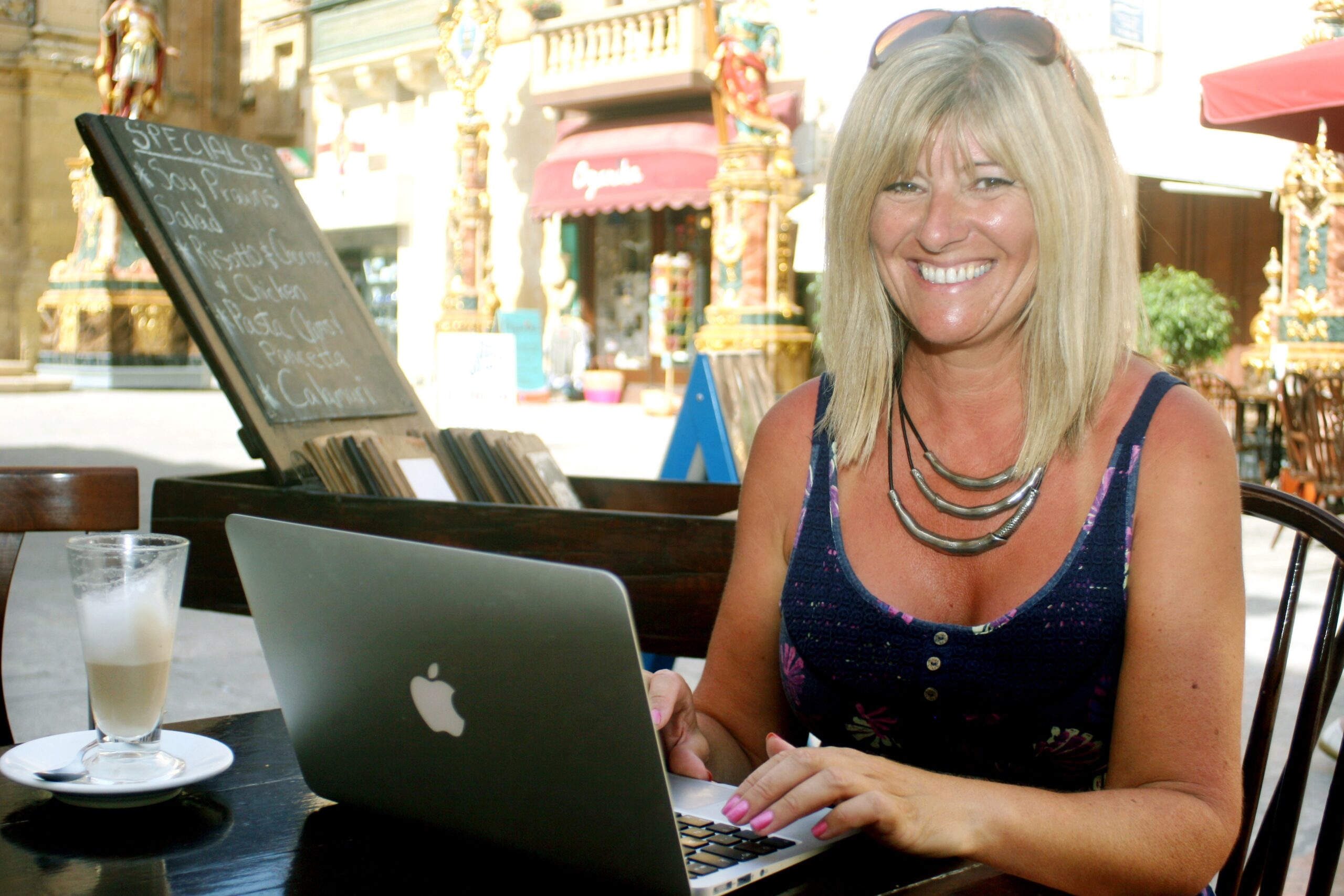
More Articles to help anxiety and depression
Arrange a Free Initial Consultation in Cirencester, Exeter, Plymouth, Swindon or by Skype
Shop for online courses, eBooks and Self Hypnosis Tracks to help anxiety and depression
Why you gain weight when you have depression
Do you gain weight because you’re depressed or are you depressed because you’ve gained weight. They are linked, some people call it emotional eating, but there is more to it than that and understanding the mechanisms behind weight and anxiety and depression will help you to regain control
The secret psychology of recovering from Anxiety and Depression
For years we’ve been trained to mentally exam what is wrong, when is it at it’s worst, how bad are things, what are all your painful (emotional or physical) symptoms. Where that is necessary to help the doctor diagnose and prescribe medication, it is not necessary to aid recovery from anxiety and/or depression.
Top Ten Most Effective Strategies to Help Anxiety & Depression
If you have anxiety and/or depression you will know how irritating it is when someone just tells you to ‘think more positively’. What you need are practical things you can do and strategies that will relieve the symptoms and actually help. Here is a top 10 countdown of the most useful things you can do.
5 Ways To Fight Depression Without Drugs
There are many ways that you can fight back against depression without taking any prescription medication. There exists several natural alternatives which have been long shown to positively influence your mental health. Here are 5 ways that you can fight depression without drugs
Distorted Thinking Series Part 1 : Cognitive Biases
Distorted Thinking Series Part 1 : Cognitive Biases Author - Emma Triplett This week kicks off a new series of posts centred around the subject of distorted thinking. Anxiety and depression disorders can develop from various forms of distorted thinking and once these...
You’ve got the same amount of time as Beyonce
You've Got The Same Amount Of Time As Beyoncé Author - Emma Triplett When you know you should be doing something that is good for one of the easiest and most convenient excuses not to is ‘I haven’t got time’ I know I’m guilty of using it on a multitude of...
Disclaimer | Privacy Policy | Terms and Conditions
Copyright © OLD TOWN HYPNOTHERAPY 2016 All Rights Reserved



